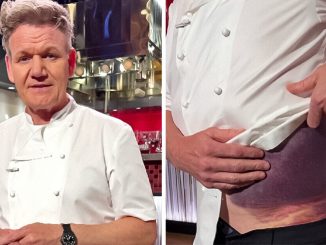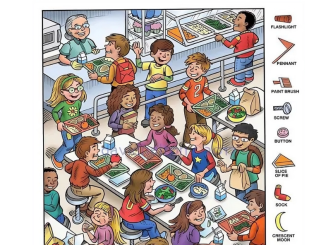In every family, the kitchen is more than a place to cook—it’s a space where traditions, habits, and even occasional disagreements take root. One such debate that keeps popping up in households is whether it’s safe to toss eggshells down the garbage disposal. Take, for instance, a concerned individual whose mother-in-law insists on disposing of eggshells in the sink, despite warnings that it could clog the pipes. So, who’s right? Let’s dig into the pros and cons of putting eggshells in the garbage disposal and see what the experts say.
Understanding How a Garbage Disposal Works
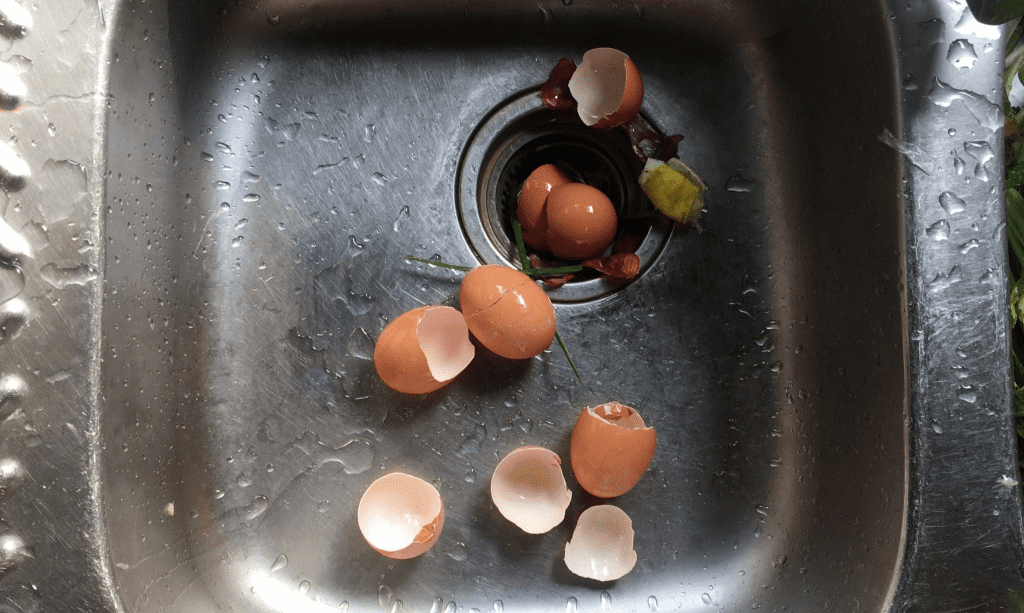
A garbage disposal is an efficient tool for grinding food scraps, making kitchen cleanup easier. Positioned under the sink, it shreds food waste so it can pass easily through plumbing. However, a common misconception is that the disposal has blades. In reality, it uses blunt impellers that crush food against a grinding ring. This grinding mechanism can handle a variety of kitchen scraps but isn’t suited for all types of food waste.
Knowing what your garbage disposal can and cannot handle helps maintain its efficiency and avoid costly plumbing repairs. So, where do eggshells fit into this equation?
The Common Misconceptions About Eggshells in Garbage Disposals
One of the most persistent myths about garbage disposals is that eggshells can help sharpen the disposal’s blades. Since disposals don’t have sharp blades but rather dull impellers, there’s nothing for the eggshells to “sharpen.” Another misconception is that eggshells are safe because they’re biodegradable and will break down naturally over time. While it’s true that eggshells are organic, they don’t dissolve quickly enough in water, which can lead to buildup over time.
Adding to the problem is the thin membrane inside the shell. This membrane is sticky and can cling to the disposal’s grinding ring, eventually creating residue that may trap other food particles. The combination of these factors can potentially lead to blockages.
The Risks of Dumping Eggshells in the Garbage Disposal
So, what happens when you put eggshells in the disposal? When eggshells are ground up, they break into fine particles that, combined with other waste, can contribute to clogs in the pipes. Furthermore, the fibrous membrane can wrap around the impellers, reducing their grinding power and potentially damaging the unit over time.
Eggshell particles can also blend with grease and other fats, solidifying into a thick residue. This residue may restrict water flow, leading to sluggish drainage and eventually a blocked pipe. In the end, throwing eggshells down the disposal might save a few steps initially but could result in an expensive plumbing bill later.
What Do Experts Say About Eggshells in Garbage Disposals?
If you’re still unsure, consider the advice from plumbing experts and garbage disposal manufacturers. Many experts recommend avoiding fibrous, starchy, or hard materials in the disposal, including eggshells. The consensus among professionals is that the risks often outweigh any perceived benefits, and they advise sticking to softer, easily ground food scraps.
Some people report no issues after years of putting eggshells in their disposal, but experts caution that these people may be the exception rather than the rule. Avoiding eggshells, as well as bones, coffee grounds, and grease, can extend the life of your disposal and keep your plumbing in good shape.
Alternative Ways to Dispose of Eggshells
If you’re concerned about the environment or want a safer option for disposing of eggshells, there are several alternatives to the garbage disposal:
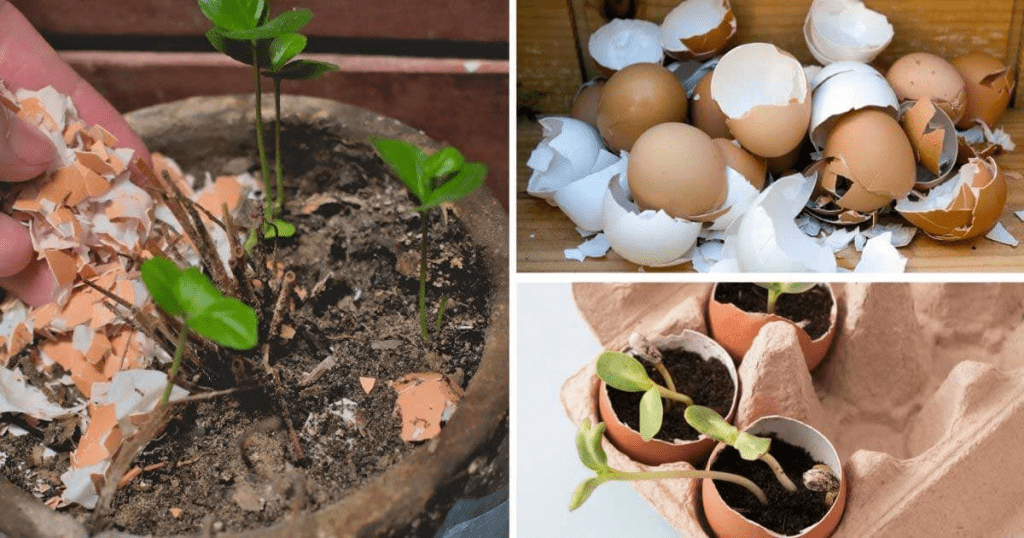
- Composting: Eggshells are rich in calcium and can benefit your garden soil. Simply crush the shells and add them to your compost pile, where they’ll decompose naturally and enrich your soil.
- Natural Pest Control: Crushed eggshells can be spread around plants as a natural deterrent for pests like slugs and snails. The sharp edges make it difficult for these pests to navigate, helping protect your garden.
- Household Uses: Eggshells can be used in various DIY projects, such as making calcium supplements for plants or even as a gentle abrasive for cleaning. Adding them to vinegar can create a natural calcium-rich solution that can be used as a plant fertilizer.
These alternative disposal methods not only prevent potential plumbing issues but also contribute to sustainable waste practices.
Best Practices for Garbage Disposal Maintenance
Taking care of your garbage disposal is essential if you want it to last and work efficiently. Here are a few maintenance tips to keep it in top shape:
- Run Cold Water: Always run cold water before, during, and after using the disposal. Cold water helps solidify any fats or oils, allowing them to be ground up more easily.
- Avoid Problem Foods: In addition to eggshells, avoid putting fibrous foods like celery, potato peels, or corn husks down the disposal, as these can wrap around the impellers.
- Clean the Disposal Regularly: Pour a mixture of ice cubes and salt into the disposal and run it to clean the impellers. You can also use baking soda and vinegar to clear out buildup and eliminate odors.
- Use it Sparingly: While the disposal can be convenient, try to limit its use to small amounts of food waste that won’t overwhelm the system.
With regular care, your disposal will run smoothly, reduce the chance of clogs, and help keep your pipes clean.
So, Who’s Right in the Eggshell Debate?
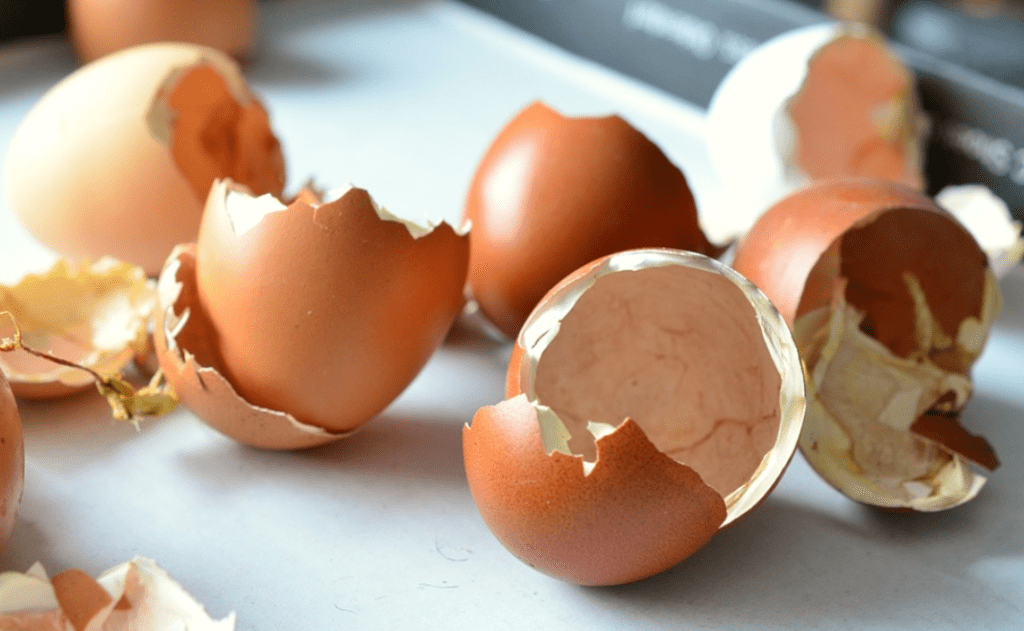
In the eggshell debate, caution wins out. While some may argue that eggshells don’t pose an immediate risk, the long-term potential for clogs and mechanical issues suggests that it’s better to avoid them. Using alternative methods for disposing of eggshells—like composting or pest control—can prevent plumbing problems and promote eco-friendly practices.
By taking a little extra care and exploring alternative disposal methods, you can avoid unnecessary repairs and keep your garbage disposal working for years to come. In this case, the individual advising against putting eggshells down the disposal is likely in the right, focusing on a safer, smarter choice for a cleaner kitchen and a healthier plumbing system.

